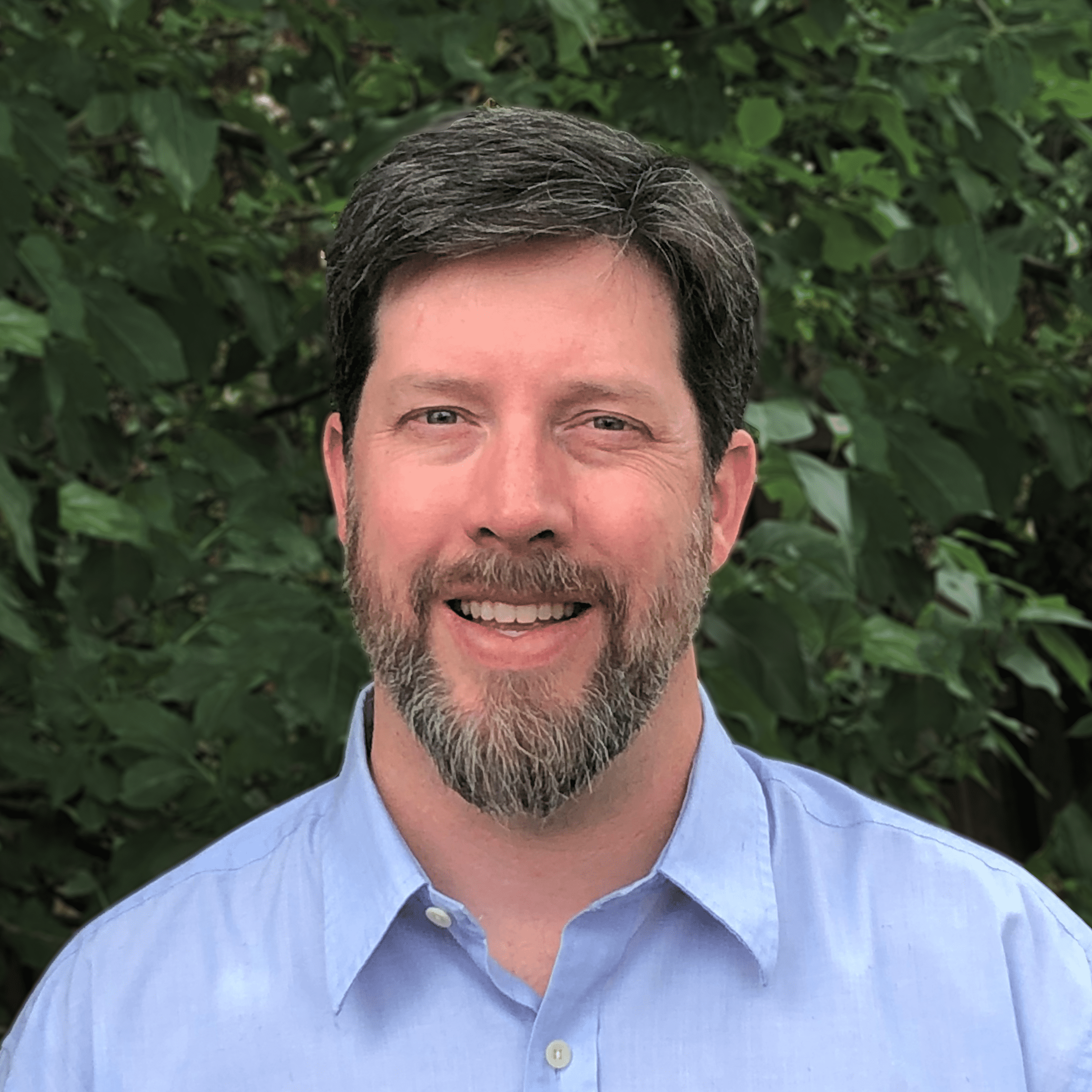Community and Regional Resilience Institute (CARRI)
In the wake of Hurricane Katrina, researchers, government officials, and community leaders came together to define community resilience and create tools to assess and build it.
Focus Areas
Climate Action
The Challenge
- After Hurricane Katrina, “community resilience” emerged as a promising concept to improve communities’ disaster preparedness, response, and recovery. But beyond a buzzword, leaders needed to understand how to concretely assess and build the resilience of their local communities and institutions.
The Partners
- Community leaders across the U.S. Gulf Coast.
- Over 150 experts from economic development to science to national security and more.
- Oak Ridge National Laboratory and the U.S. Department of Homeland Security.
The Outcome
- 10 research reports exploring novel, multidisciplinary approaches to community resilience.
- Two new decision support tools to help local communities and college campuses assess and strengthen their resilience.
- Groundbreaking insights and discourse that shaped the establishment the Global Resilience Institute at Northeastern University and the Alliance for National and Community Resilience.
Project Overview
When powerful Hurricane Katrina hit the U.S. Gulf Coast in August 2005, it devastated homes, businesses, and ecosystems. In the aftermath, elected leaders from the region asked how to ensure that future storms would not wreak such catastrophic havoc. The U.S. Department of Homeland Security (DHS) supported the establishment of the Community and Regional Resilience Institute (CARRI) at Oak Ridge National Laboratory to catalyze a critical national conversation: what is community resilience, and how do we build it?
Working in partnership with Meridian, CARRI sponsored new research to define community resilience. Through a series of facilitated work groups, we engaged community leaders in Gulfport, Mississippi; Charleston, South Carolina; and Memphis, Tennessee to identify core characteristics of resilience based on those cities’ experiences preparing for, responding to, and recovering from disasters.
Building on those insights, Meridian convened and facilitated a national initiative involving over 150 subject matter experts and community leaders. The initiative developed a user-friendly decision support tool – the Community Resilience System (CRS)—which helped communities assess and improve their resilience. Meridian began serving as CARRI’s secretariat in 2011 and helped adapt the CRS for college campuses. The Campus Resilience Enhancement System (CaRES) was designed to help campuses anticipate and respond to unique threats.
The knowledge and tools generated through CARRI’s work continue to influence how researchers and practitioners approach resilience-building. Today, CARRI’s legacy is most evident in the premise of the Alliance for National and Community Resilience (ANCR) and the research activities of the Global Resilience Institute at Northeastern University.
Research Reports
Explore a selection of the publications produced by leading researchers with CARRI’s support.
Project Team
Learn more about the team that led the Community and Regional Resilience Institute project.



